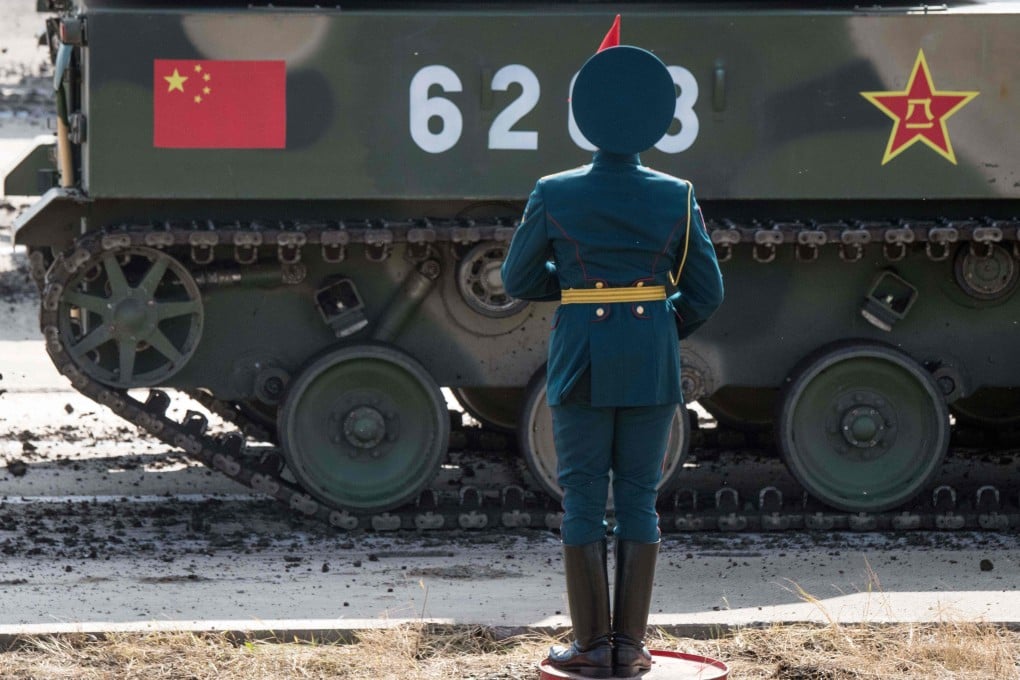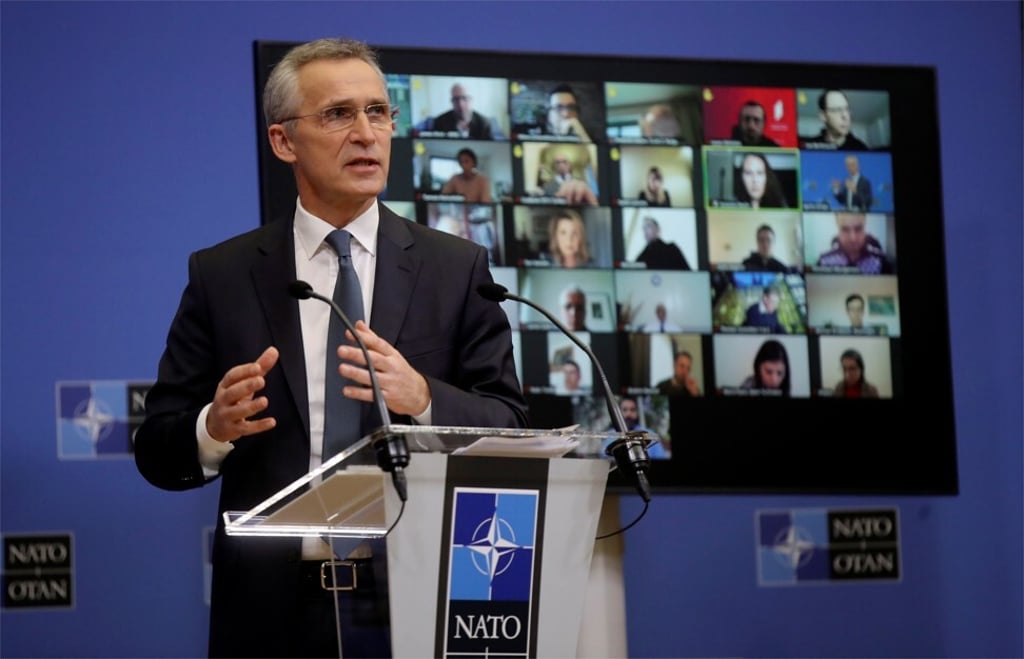Nato to discuss multilateral stance on China, Russia at first Biden-era talks
- China and Russia lead ‘authoritarian pushback against rules-based international order’, according to Nato Secretary General Jens Stoltenberg
- Like-minded democracies should work more closely, including on addressing consequences of China’s rise and a more assertive Russia, he says

Nato Secretary General Jens Stoltenberg told reporters on Monday that the meeting this week would lay out priorities for the Nato summit in Brussels later this year, including addressing concerns about “fairer burden-sharing” and the commitment of members to defend each other.
He said the countries also needed to “take a more global approach” to deal with the challenges from Beijing and Moscow, including more consultation within the alliance on related military, economic and technological security issues.
“China and Russia are at the forefront of an authoritarian pushback against rules-based international order,” he said.
“Broader consultations also means that we should closely, even more closely, consult with partners, especially as we address the consequences of the rise of China and a more assertive Russia. So work with like-minded democracies is part of a strengthening of the political agenda and the political consultations within Nato.”
